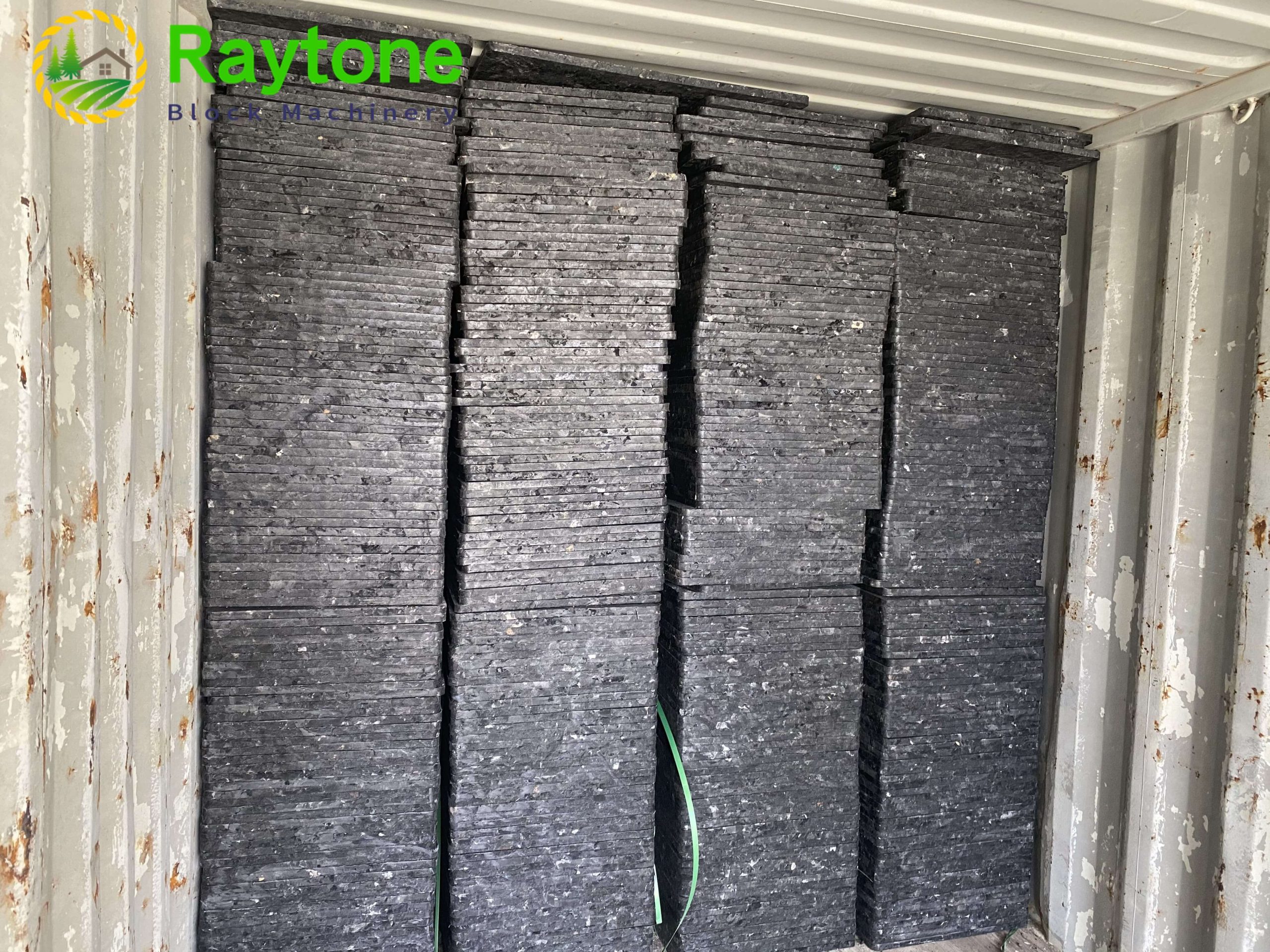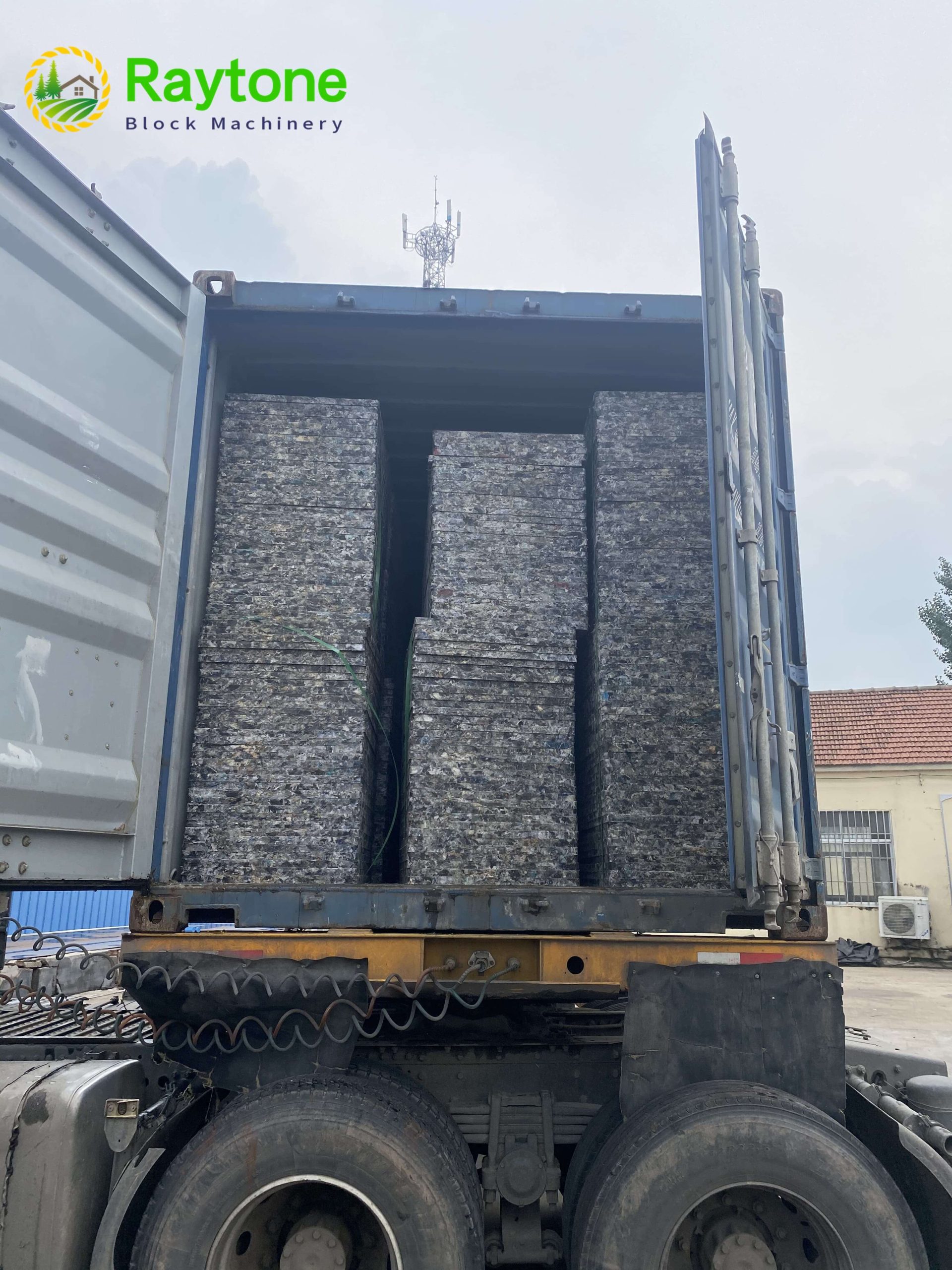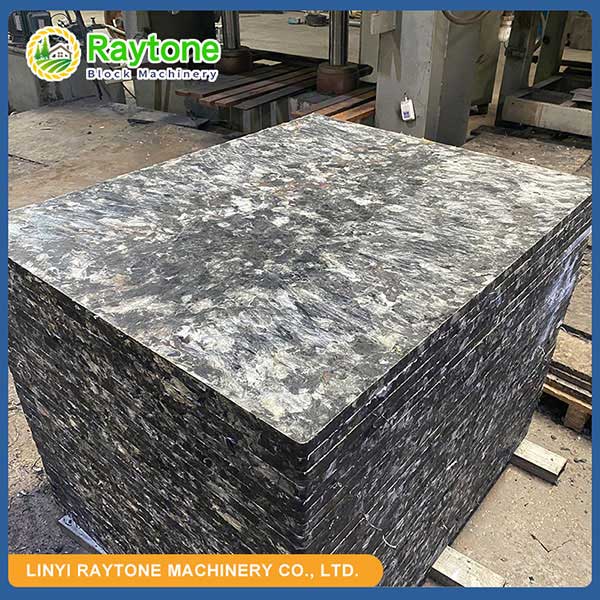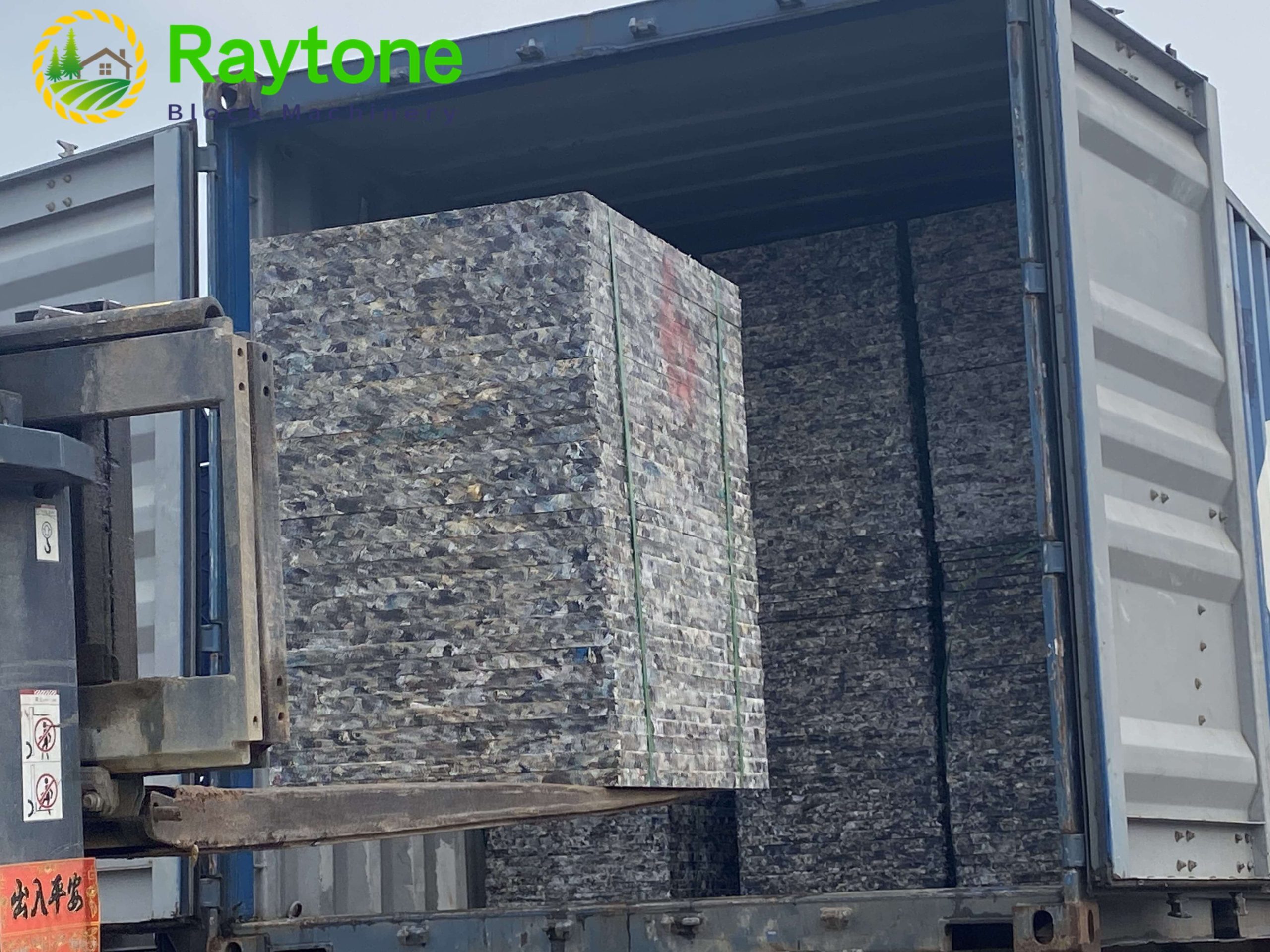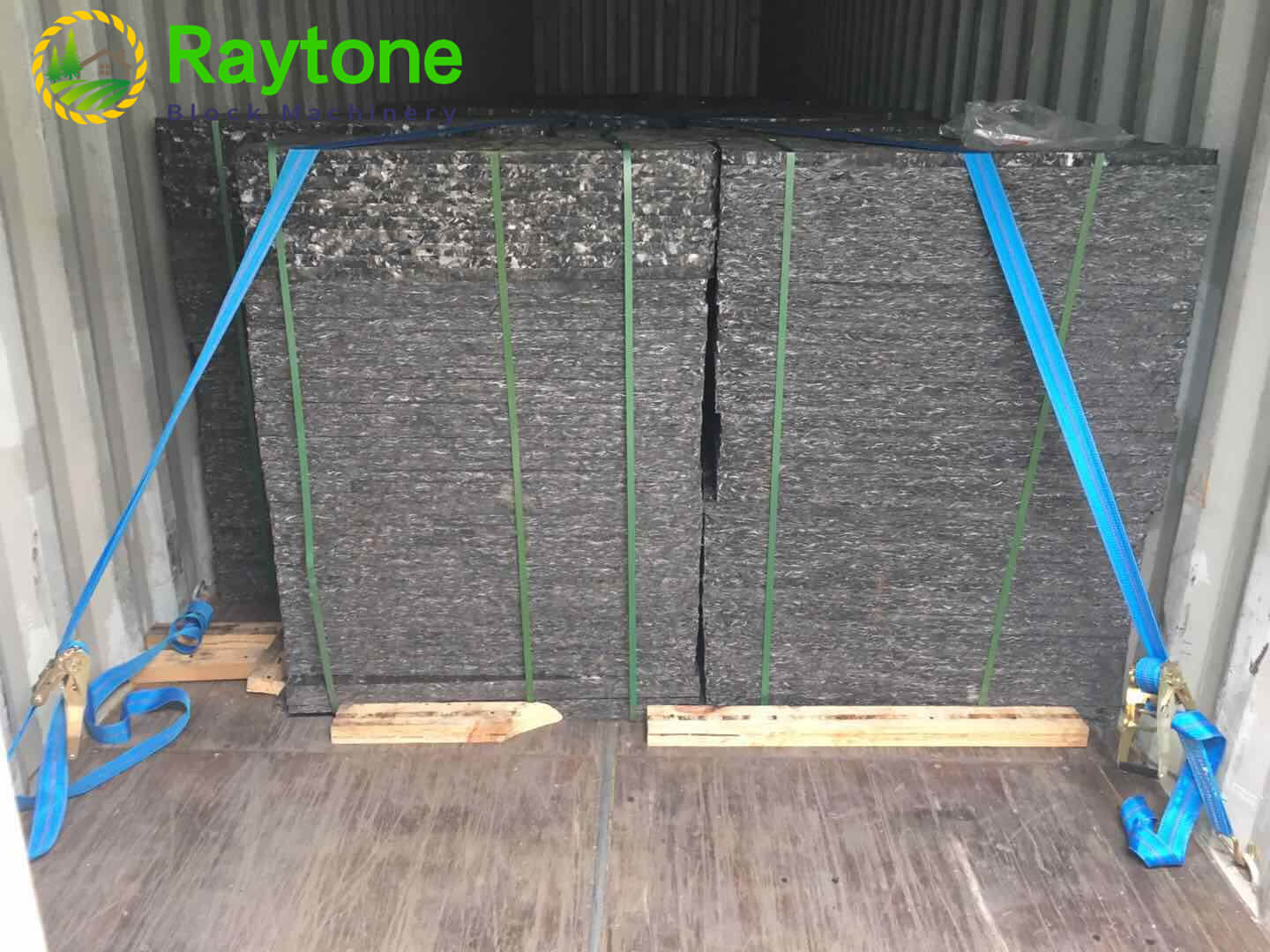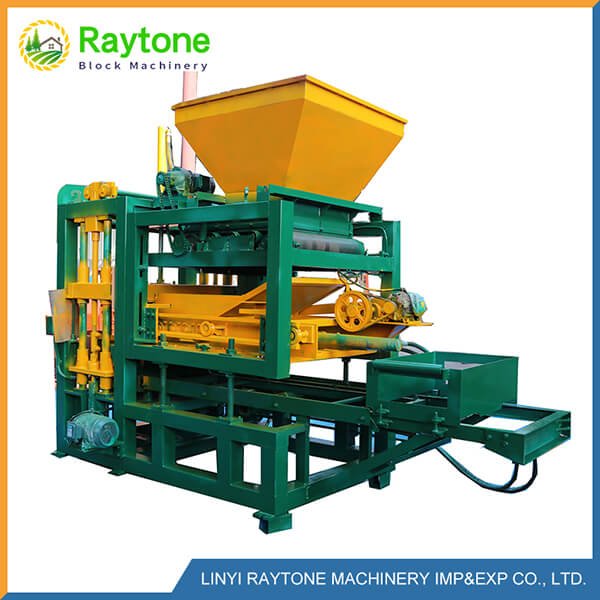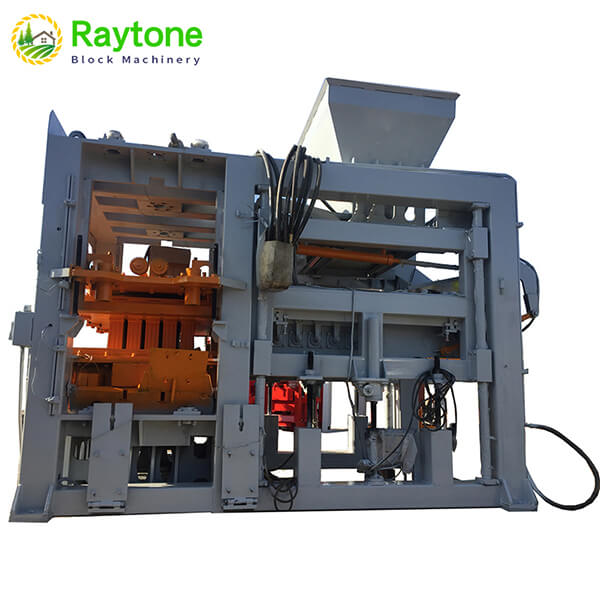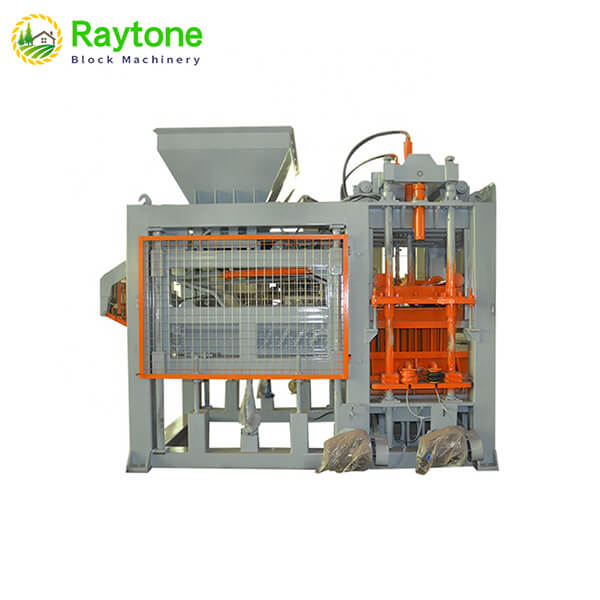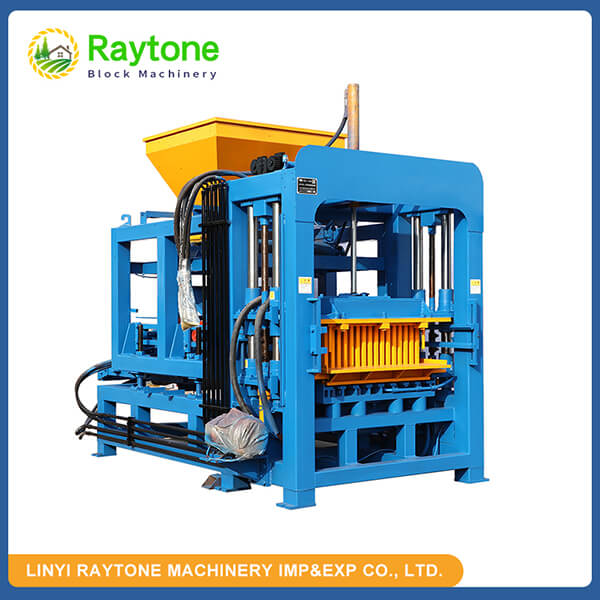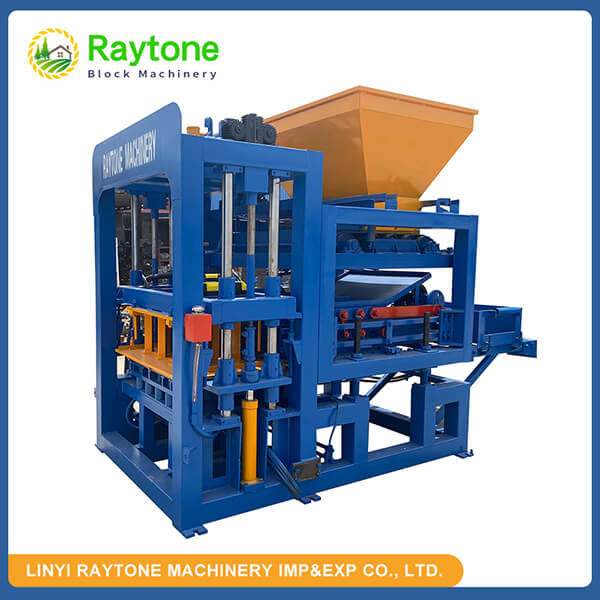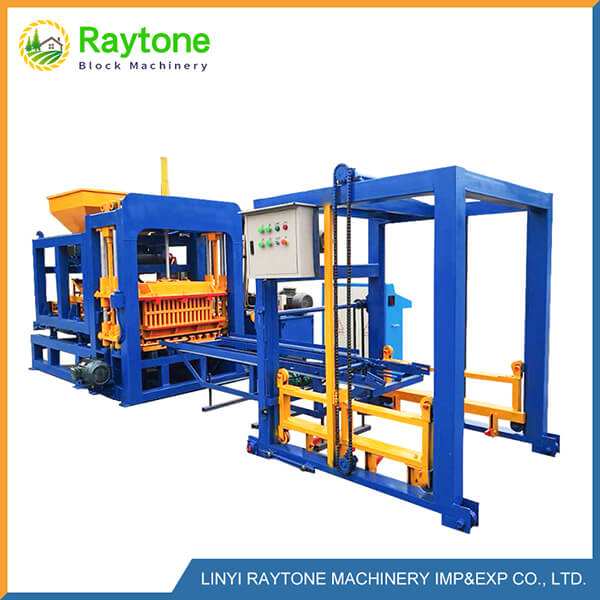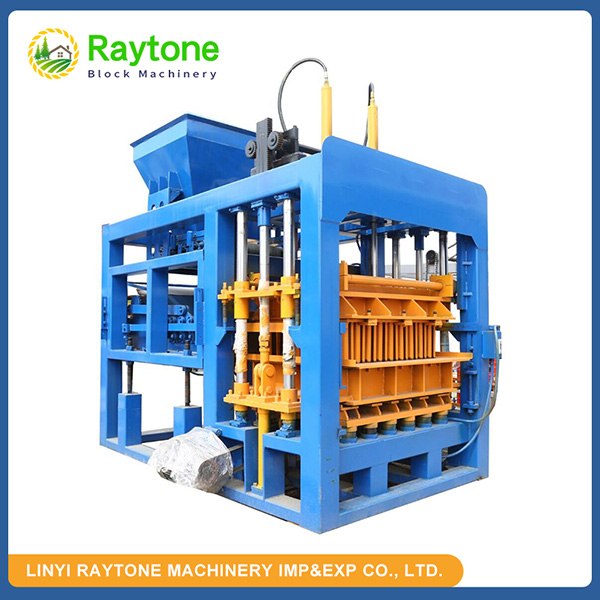Mastering block machine operations is crucial for efficient and high-quality concrete block production. Whether you’re new to the industry or looking to enhance your skills, understanding the intricacies of block machines can significantly improve your output and product quality. This comprehensive guide explores essential tips and tricks for operating block machines effectively, covering machine setup, maintenance, and troubleshooting. By implementing these strategies, you’ll optimize your production process, reduce downtime, and create superior concrete blocks that meet industry standards. Let’s dive into the world of block machine mastery and unlock the secrets to successful operations.
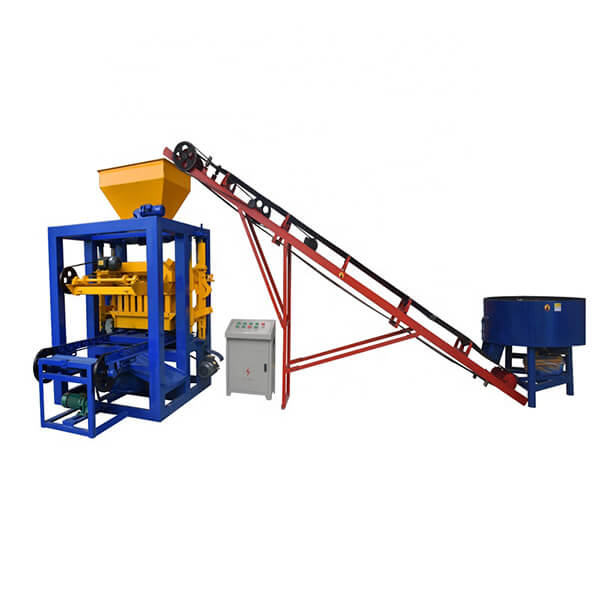
Optimizing Block Machine Setup for Peak Performance
Proper Machine Calibration
Achieving optimal block machine performance starts with proper calibration. Begin by ensuring all components are correctly aligned and adjusted. Check the mold box for any wear or damage, as this can affect block dimensions and quality. Adjust the height of the tamper head to match your specific block requirements. Fine-tune the feed drawer settings to deliver the right amount of concrete mix for each cycle. Regularly inspect and calibrate sensors and control systems to maintain accuracy in operations.
Selecting the Right Mix Design
The quality of your concrete blocks largely depends on the mix design. Experiment with different aggregate sizes, cement ratios, and additives to find the optimal blend for your specific block type. Consider factors such as block strength, density, and moisture resistance when formulating your mix. Use high-quality materials and maintain consistent proportions to ensure uniformity in block production. Adjust the water content carefully, as too much or too little can significantly impact block quality and machine performance.
Optimizing Cycle Times
Efficient block production relies on optimized cycle times. Analyze each stage of the production process to identify potential bottlenecks. Adjust vibration frequency and duration to achieve proper compaction without extending cycle times unnecessarily. Fine-tune the hydraulic system pressure to ensure smooth and rapid mold filling and ejection. Implement automation where possible to reduce manual interventions and increase overall efficiency. Regularly monitor and adjust cycle parameters to maintain peak performance as conditions change.
Essential Maintenance Practices for Block Machines
Daily Cleaning and Inspection
Maintaining a clean block machine is crucial for longevity and performance. Develop a daily cleaning routine that includes removing concrete residue from all surfaces, particularly the mold box, tamper head, and feed drawer. Use appropriate cleaning agents and tools to prevent damage to machine components. Conduct visual inspections of wear parts, hydraulic connections, and electrical systems. Address any issues promptly to prevent unexpected downtime. Implement a checklist system to ensure all maintenance tasks are completed consistently.
Lubrication and Wear Part Replacement
Regular lubrication is essential for smooth block machine operation. Identify all lubrication points and establish a schedule for greasing bearings, joints, and moving parts. Use high-quality lubricants suitable for the specific components and operating conditions. Monitor wear parts such as mold liners, tamper shoes, and pallet feeders for signs of deterioration. Replace these components proactively to maintain product quality and prevent unexpected failures. Keep a stock of common wear parts on hand to minimize downtime during replacements.
Hydraulic System Maintenance
The hydraulic system is the heart of your block machine, requiring special attention. Regularly check hydraulic fluid levels and quality, replacing fluid as recommended by the manufacturer. Inspect hoses, fittings, and seals for leaks or wear, addressing any issues immediately. Clean or replace hydraulic filters according to the maintenance schedule to ensure optimal system performance. Monitor hydraulic pressure gauges and adjust as necessary to maintain consistent operation. Consider implementing an oil analysis program to detect potential issues before they lead to system failure.
Troubleshooting Common Block Machine Issues
Addressing Inconsistent Block Quality
Inconsistent block quality can stem from various factors. Start by examining your concrete mix design, ensuring proper proportions and material quality. Check for wear in the mold box and tamper head, as these can lead to dimensional inconsistencies. Verify that vibration settings are appropriate for your mix and block type. Analyze the curing process, including temperature and humidity control, to ensure optimal strength development. Implement a quality control system with regular testing to catch and address issues early in the production process.
Resolving Feed System Problems
Feed system issues can significantly impact production efficiency. Inspect the feed drawer of the block machine for proper alignment and smooth operation. Clean any buildup that may obstruct material flow. Adjust the feed drawer settings to ensure the correct amount of mix is delivered to the mold box. Check the agitator system for proper function, ensuring even distribution of material. If using a skip hoist, verify its alignment and operation to prevent material spillage or uneven feeding. Regular maintenance of conveyors and material handling equipment is crucial for consistent feed system performance.
Diagnosing Hydraulic and Electrical Faults
Hydraulic and electrical systems are critical for block machine operation. When faced with issues, start by checking for visible leaks, loose connections, or damaged components. Use diagnostic tools to identify specific faults in the hydraulic or electrical systems. Monitor hydraulic pressure and flow rates to ensure they meet specifications. For electrical issues, inspect wiring, connections, and control panels for signs of wear or damage. Implement a preventive maintenance program that includes regular testing of hydraulic and electrical components to catch potential issues before they lead to machine failure.
Conclusion
Mastering block machine operations is an ongoing process that requires attention to detail, consistent maintenance, and a willingness to adapt to changing conditions. By focusing on proper machine setup, implementing rigorous maintenance practices, and developing effective troubleshooting skills, you can significantly enhance your block production efficiency and quality. Remember that each block machine and production environment is unique, so don’t hesitate to experiment and fine-tune your approach. With dedication and the application of these tips and tricks, you’ll be well on your way to becoming a true block machine expert.
Contact Us
For high-quality block machines designed for performance, reliability, and versatility, trust Raytone Machinery. Our range of fully automatic, semi-automatic, and manual block machines offers cost-effective solutions for all your construction needs. Experience the difference that superior equipment can make in your block production process. Contact us today at hazel@raytonechina.com to learn more about our innovative block-making solutions and how we can help optimize your operations.
References
- Johnson, M. (2022). Advanced Techniques in Concrete Block Manufacturing. Construction Technology Review, 45(3), 78-92.
- Smith, A. & Brown, T. (2021). Optimizing Block Machine Efficiency: A Comprehensive Guide. Industrial Machinery Today, 18(2), 112-128.
- Garcia, R. (2023). Troubleshooting Block Production: From Mix Design to Final Product. Concrete Solutions Magazine, 30(1), 45-59.
- Wilson, E. (2022). Maintenance Strategies for Long-Lasting Block Machines. Equipment Maintenance Quarterly, 12(4), 33-47.
- Thompson, L. & Davis, K. (2023). Innovation in Concrete Block Production: Emerging Technologies and Techniques. Construction Innovation Journal, 8(2), 67-83.
- Chen, H. (2021). Quality Control in Automated Block Manufacturing: Best Practices and Case Studies. International Journal of Construction Engineering, 15(3), 201-215.


